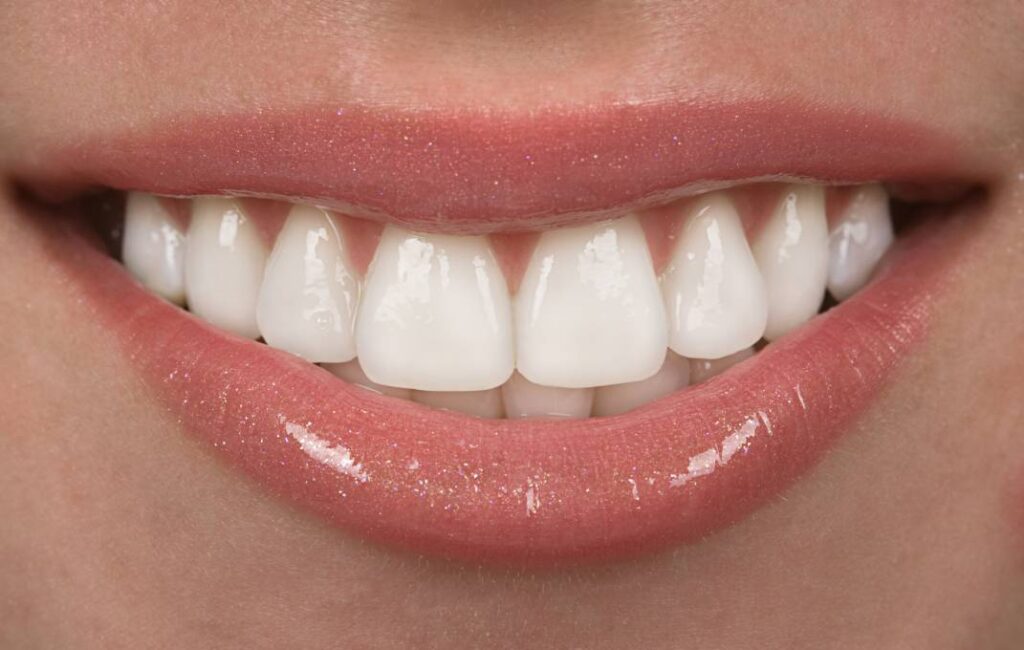Do you find yourself smiling less because you’re ashamed of having crooked, missing, or discolored teeth? A healthy smile is more than an attractive ornament; it’s essential to effective communication and important for emotional well-being.
If you’re putting off having your smile repaired because you’re reluctant to wear braces or because you think doing so would cost too much, dental veneers may be right for you.
WHAT ARE VENEERS?
Veneers are thin, custom-molded coverings affixed to the front of the teeth, hiding any discoloration, gaps, or broken teeth. Originally made as temporary devices for movie stars, veneers have been used for nearly fifty years now.
Dental veneers come in three types: composite, porcelain, or Lumineer porcelain. While veneers made of composite material last an average of three to five years, those made of porcelain tend to last between five and ten years.
WHAT TO EXPECT
Consultation
The first step to restoring your smile is to schedule a consultation, during which you and your dentist will discuss your desired outcome and decide which type of veneer is right for you. X-rays and an impression of your teeth will likely be taken on this first visit.
Preparation
During your next visit, your teeth will be prepared for adhesion to your new veneer. Your dentist will remove about one-half millimeter of enamel from any teeth to which the veneer will be bonded, and will use an anesthetic, if necessary, to alleviate any discomfort.
Once the enamel has been removed, another impression will be taken. Then, using the impressions, a custom-fit veneer will be created for you. The process usually takes about a week.
Bonding
Bonding is the method by which your dentist affixes your custom veneer to your teeth. After applying a tooth-colored resin to both your teeth and the veneer, your dentist will use a special light that cures and hardens the resin almost instantaneously. As it sets, the cement bonds to tubules in your tooth, creating a powerful adhesion that’s designed to last for years.
Before bonding your new veneer permanently to your teeth, your dentist will make several adjustments to the device. Then, once you are both satisfied the veneer is comfortable and not affecting your bite or interfering with your gums, the device will be etched, polished, and cleaned before being permanently affixed.
Follow-Up
As you grow accustomed to your new veneer, you may find further adjustments are necessary. Don’t worry; once the veneer has been permanently affixed, your dentist can still make adjustments for your comfort.
Contact the Franklin Square dentists at Island Dental Associates to request an appointment. Contact our offices at (516) 565-6565 or use our online form to schedule a visit. Our experienced dentists and staff can help you decide if dental veneers might be a good option for you.
With the help of Island Dental Associates, you can soon have the attractive smile you deserve.




